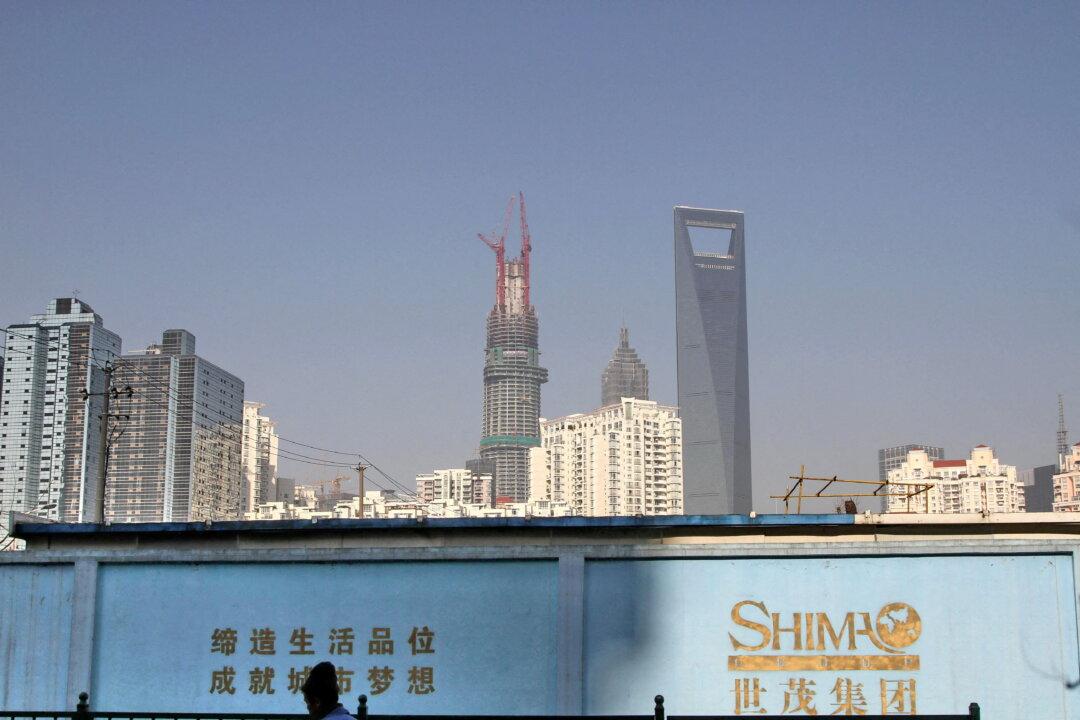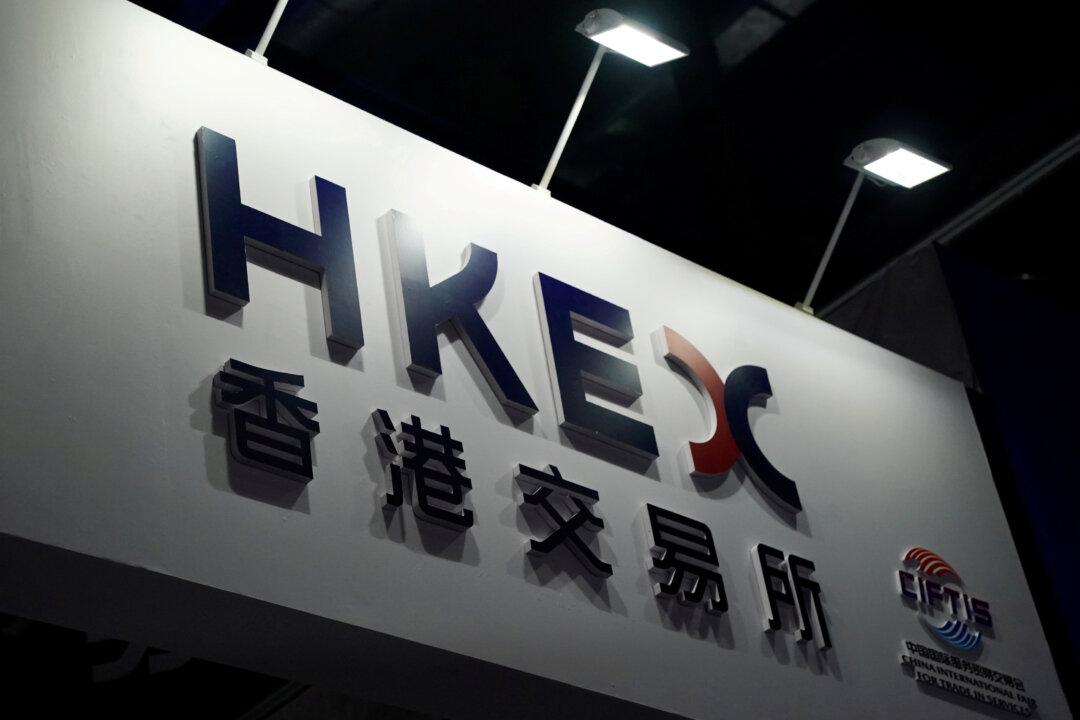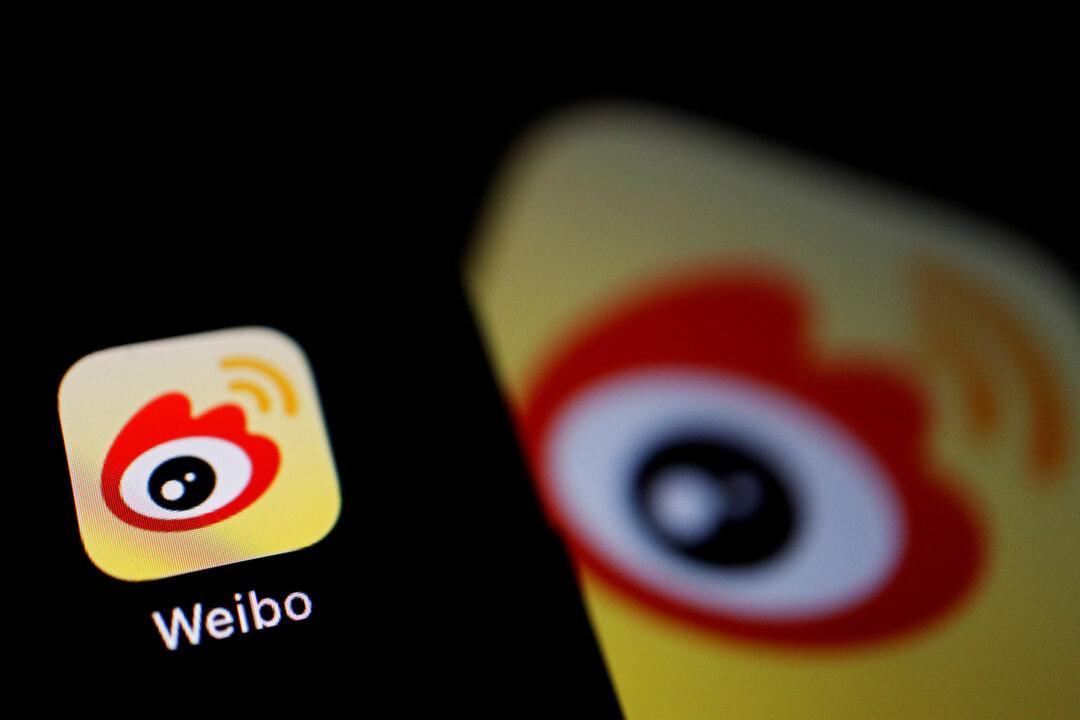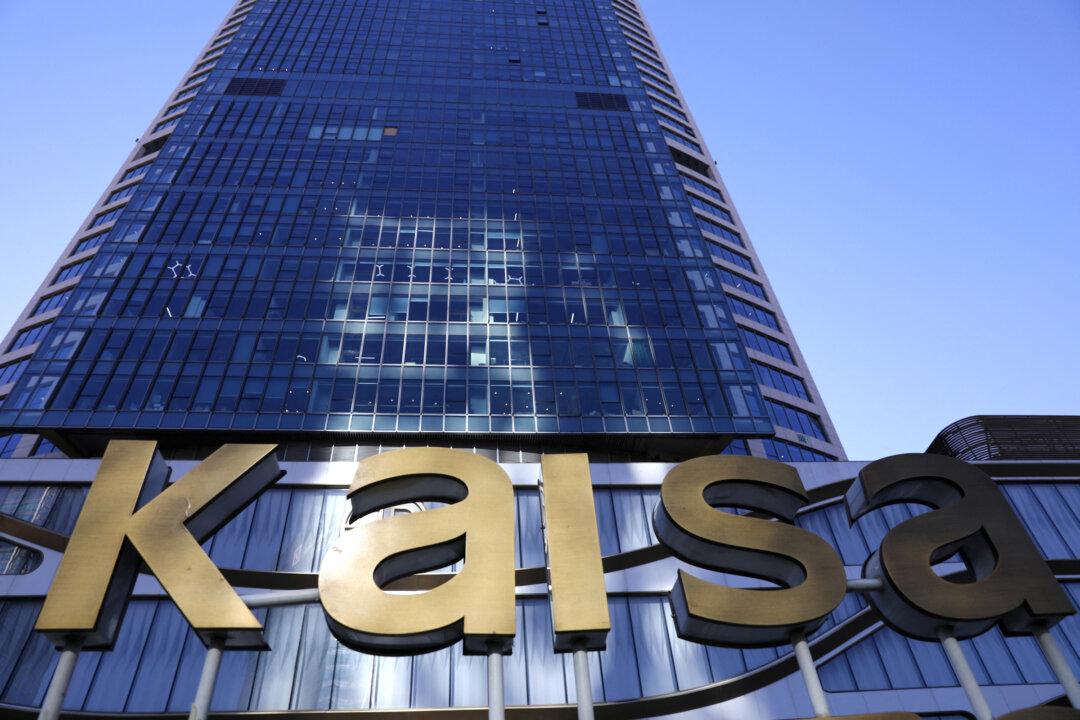The Shanghai Stock Exchange briefly suspended trading of one of Chinese property developer Shimao’s bonds on Monday, following Friday’s suspension of trading in the firm’s five other bonds due to severe declines.
The trading halt came as Shimao’s unit in Shanghai defaulted on a loan after missing a payment of over $100 million last week, according to a lender’s letter obtained by Reuters on Thursday.




